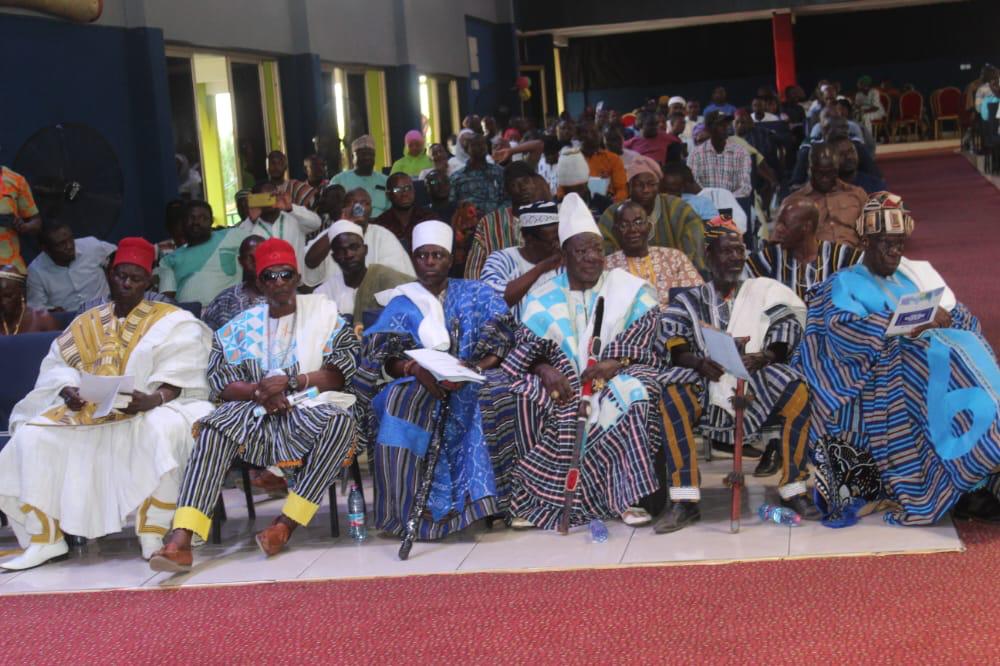Births & Deaths Registry
The Births and Deaths Registry which is currently under the Ministry of Local Government and Rural Development, operates with the legislative instrument; the Registration of Births and deaths Act 1027 of 2020 with the mandate to register all births, foetal deaths and deaths within the boundaries of Ghana whiles promoting decentralization, and improving the collation and collection of statistics for national development.
The registration system forms an integral part of civil registration and vital statistics, which provides a demographic framework to determine the population size, fertility and mortality rates of a country. This aims to ensure individuals attain legal recognition, gain the rights to public services, social protection and human rights. The system also continuously generates statistics on population dynamics and health indicators which services as an integral framework for policy the formulation, planning, implementation, monitoring and evaluation of Governments’ projects.
Statistics from our registration processes also plays a fundamental role in facilitating projects and programmes such as the Sustainable Development Goals and others. These programmes immensely relies on statistical data for population based targets and indicators on the progress of their activities in Ghana. Therefore, its essential to promote the delivery of an effective and efficient births and deaths registration system which aligns with international standards and offers excellent service delivery across the country.
The government of Ghana is currently promoting the digitization of domestic revenue mobilization. This requires a combination of the following: the issuance of the national identification card, the national digital property addressing system and the use of tax identification numbers (TINs) to access key services. It is instructive to note that the surest way of broadening the tax base and reduce tax burden is to have in place a robust civil registration system that would generate credible and reliable population data.
Such a system will eventually ensure effective policy formulation and developmental planning that will lead to efficient service delivery for the population and also serve as a feeder of civil identification system to identify each individual in the country irrespective of nationality





BDR TRAINS COMMUNITY POPULATION REGISTER IMPLEMENTATION TEAM IN ITS SECOND PHASE